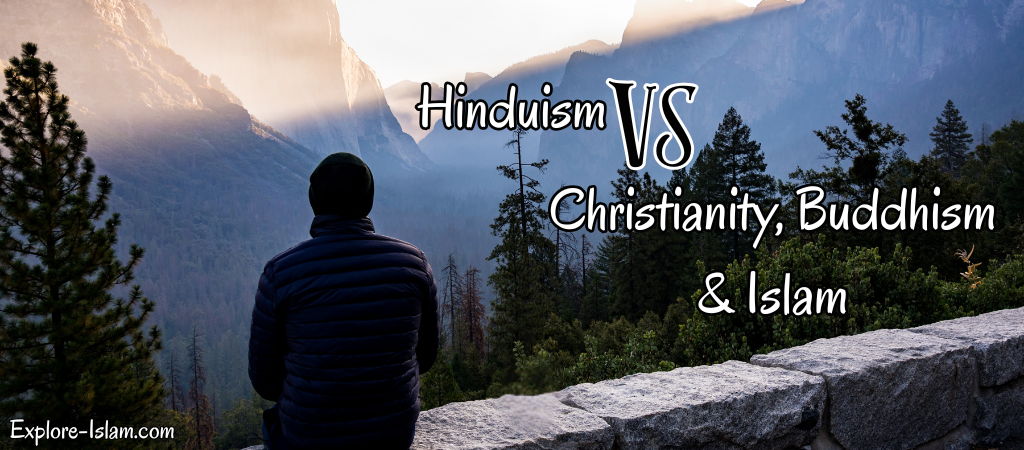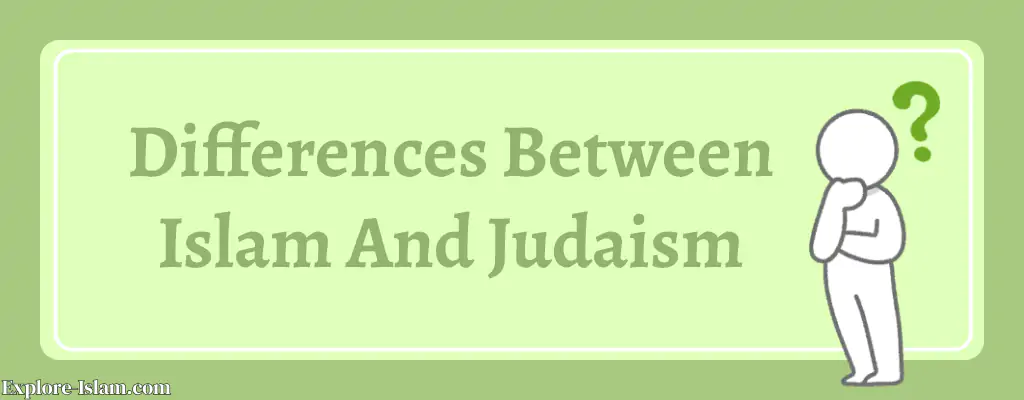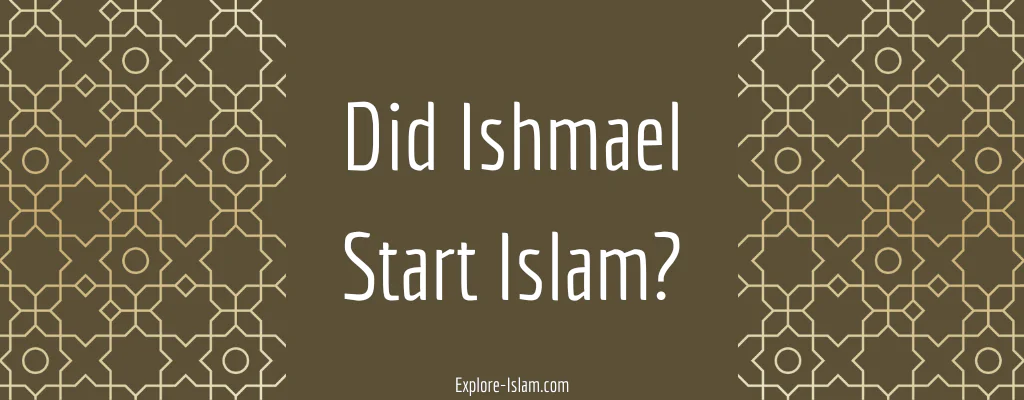Before the arrival of Islam, Lebanon was a land of rich religious diversity, shaped by centuries of foreign occupation and cross-cultural interaction. The nation had a mix of ancient pagan faiths, Christianity, and smaller religious communities like Jews. But this diversity was often marked by internal strife, theological arguments, and tyranny at the hands of empires such as the Romans and Byzantines. The arrival of Islam in the 7th century brought with it unity, justice, and religious tolerance, transforming Lebanon’s social and political fortunes.
Paganism And Ancient Beliefs
In pre-Islamic Lebanon, paganism was the order of the day, especially in coastal and mountainous areas. The Phoenician deities Baal and Astarte, both linked to nature and fertility, were popularly revered. These ancient traditions were firmly rooted in everyday life and communal rituals but eventually lost ground with the propagation of Christianity and the presence of foreign empires.
Christianity: A Preponderant Yet Divided Religion
With Roman and subsequently Byzantine rule, Christianity became the preponderant religion in Lebanon. The region was an important center for early Christianity, particularly for the Maronite and Eastern Orthodox Christians. However, Christianity in Lebanon was not homogeneous. Theological differences and rivalries, such as between the Chalcedonian and Non-Chalcedonian, led to constant internal strife. These tensions were typically instigated by imperial interference, as empires like the Byzantines sought to control the region through religious authority.
Religious Minorities: Resilience Amid Oppression
There were also smaller religious communities in Lebanon, including Jews and other sects. They were discriminated against and ostracized by the Romans as well as by Byzantine rule. Persecution did not shake their belief and traditions, nonetheless, and they contributed to Lebanon’s religious melting pot.
The Arrival Of Islam
The 7th-century Islamic conquest by men like Khalid ibn al-Walid reversed the fortunes of Lebanon. Islam introduced a unifying plan whose foundation was justice, equality, and tolerance for all religions. Christian, Jewish, and Muslim communities coexisted peacefully during Islamic rule, protected by the principles of religious tolerance of Islamic rule.
A New Dawn Of Harmony And Equality
The rigid religious lines that once separated Lebanon dissipated into a more peaceful society. Islam’s emphasis on social justice and welfare transformed the land, ending centuries of domination and infusing among its different groups a feeling of belongingness. This new era gave the fertile soil for Lebanon’s reputation as the land of coexistence of religions.
Conclusion:
Before Islam, Lebanon was a patchwork of paganism, divided Christian sects, and marginalized minorities, all strained under Roman and Byzantine dominance. The arrival of Islam in the 7th century reshaped this fractured land into a more unified, tolerant society, fostering coexistence, justice, and religious harmony across its diverse communities.








